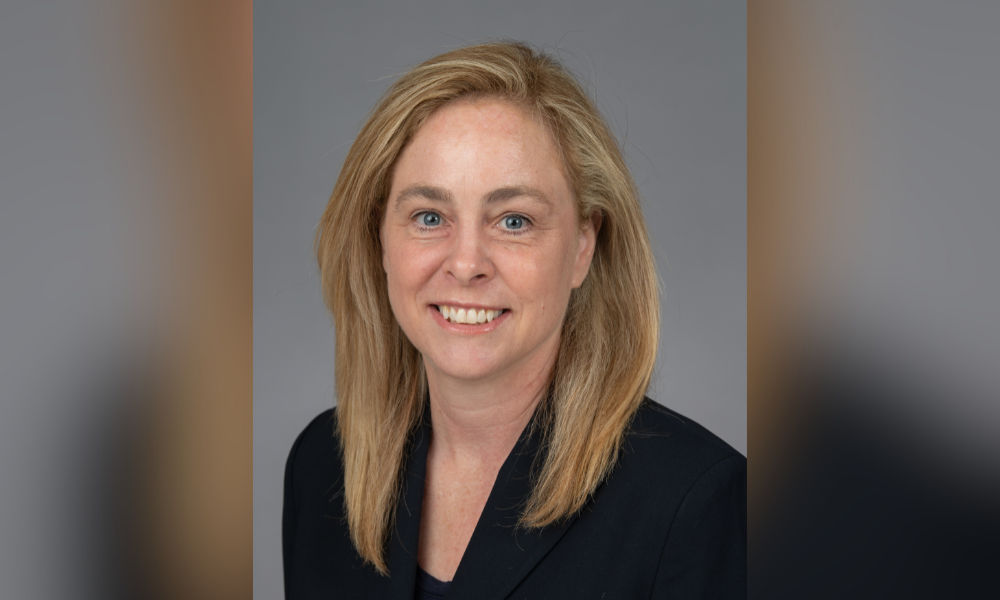An immediate solution looks unlikely – but prospects are better in the longer term, suggest experts

It’s a hotly debated topic across the US housing sector: the question over whether to bring government sponsored enterprises (GSES) Fannie Mae and Freddie Mac out of conservatorship, one that’s suddenly reared its head again in the wake of Donald Trump’s stunning November election win.
The federal government has acted as a conservator for those two entities since September 2008, stepping in during the global financial meltdown to allow the Federal Housing Finance Agency to oversee their operations, decision-making and financial management.
But Republicans have long argued that arrangement needs to end – and in September, the Wall Street Journal reported that Trump allies were working quietly to close the curtain on conservatorship.
Could Fannie and Freddie survive on their own?
It remains uncertain just how long it could take for that process to begin. Among the main stumbling blocks: doubts over whether Fannie and Freddie are able to stand on their own feet without government support. The FHFA says conservatorship aims to “preserve and conserve their assets and property and restore them to a sound and solvent condition so they can continue to fulfill their statutory missions,” but it’s not clear how the GSEs would fare if released from federal oversight.
“By all accounts, Fannie and Freddie are undercapitalized,” Jessica Lynch (pictured top), vice president of housing finance at the National Association of Home Builders, told Mortgage Professional America. “They don’t have enough capital right now to be sustainable as private companies.
“It would take, from what we’ve heard and what we’ve read, anywhere between two and five years so that they would have enough capital as per the Enterprise Capital Regulatory Framework, to be sustainable [as private entities].”
The US mortgage market faces steady conditions in 2025, with rates expected to hover near 6%. Rocket Pro TPO’s Dan Sogorka urges brokers to stay ready, focus on opportunities, and deepen partnerships for success.https://t.co/m8FjdmF4Ey
— Mortgage Professional America Magazine (@MPAMagazineUS) December 17, 2024
That capital rule, implemented by former FHFA director Mark Calabria, requires Fannie and Freddie to hold approximately $300 billion in combined capital, with both permitted to retain earnings instead of sending to the US Treasury to help them amass capital.
As of Q3 2024, neither were near that target, although Fannie said it had reduced its minimum regulatory capital shortfall by $17 billion since the beginning of the year – and in September, Calabria (who left his role at the FHFA in 2021) dampened hopes of an imminent end to conservatorship.
He told a Community Home Leaders of America (CHLA) event in DC that there was “zero” chance of Fannie and Freddie going private in 2025, although he said it could be achieved within years – and that the odds jumped to about 70% by 2027.
“A multi-year effort”
Longer-term prospects for an end to conservatorship could depend on how much of a priority it will be for the incoming Trump administration, Lynch said, especially with a plethora of other planned policies currently on the table.
“It’s going to be telling, who President Trump puts in as his new FHFA director,” she said. “The personnel will be really important because it’s going to take a lot of steps. They’re not going to just think about this two years from now and say, ‘OK, let’s do it’. They’re going to start thinking about it [immediately], as Mark Calabria did.
“He thought about it and said, ‘This is my goal and these are the steps we’re going to take’. And he even acknowledged that it was going to be a multi-year effort. So we wouldn’t expect anything to happen that quickly, and there’s certainly a lot of details that need to be worked out.”
Pulling the plug on conservatorship has attracted some broad housing and mortgage industry support, with the Independent Community Bankers of America (ICBA) calling for an end to the approach last year and Mortgage Bankers Association (MBA) president and chief executive officer Bob Broeksmit also signaling his openness to working on an exit plan for the GSEs.
Other experts have highlighted the potential negative implications for homebuyers of returning Fannie and Freddie to the private space – with Moody’s Analytics chief economist Mark Zandi telling CNN in recent months that terminating their conservatorship could spike mortgage costs for a typical homeowner by between $1,800 and $2,800.
Stay updated with the freshest mortgage news. Get exclusive interviews, breaking news, and industry events in your inbox, and always be the first to know by subscribing to our FREE daily newsletter.



